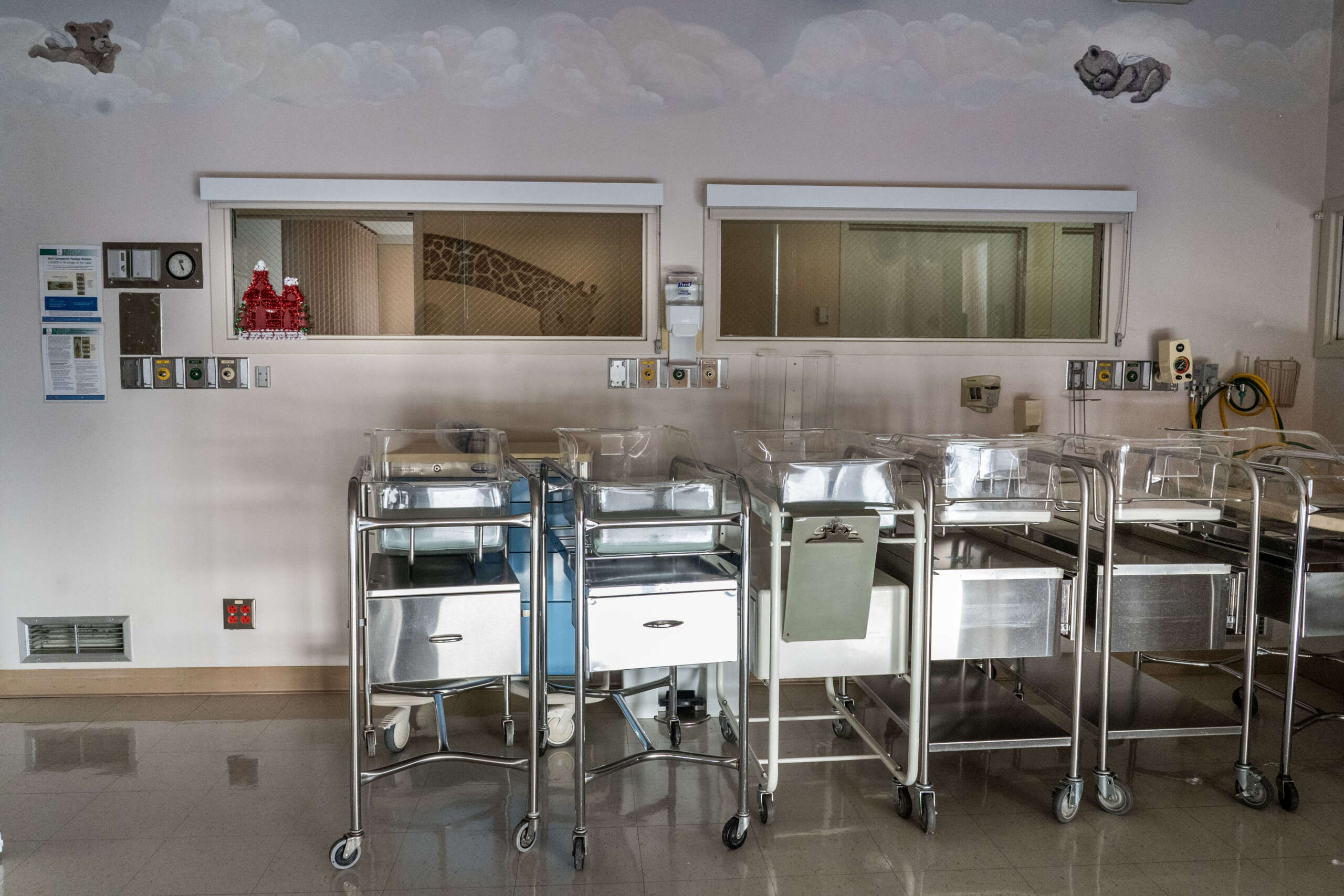#rural-health
#rural-health
[ follow ]
#healthcare-access #medicaid-cuts #healthcare #hospital-closures #healthcare-workforce #primary-care
fromwww.mediaite.com
1 month agoLet's Go, C'Mon!' Watch a Visibly-Bored Trump Grouse at Numerous Speakers to Hurry Up During Wild Panel
A little less than an hour into the talk, the president interjected to let everyone know they were running behind schedule. We're gonna have to go very fast, Trump said. We're gonna have to go very we are way behind schedule and I have a couple of meetings that are very important. Nothing more important than this, but let's go! Come on, Bob!
US politics
fromwww.npr.org
1 month agoFor those with addiction, going into and coming out of prison can be a minefield.
The Alaska Department of Corrections does not provide comprehensive access to this life saving medication. "I'm gonna give you a little pinch," Spencer said, sliding the needle into a fold of skin on the patient's belly for the subcutaneous injection. Alaska's not an outlier. Despite the fact that those recently released from incarceration are some of the most vulnerable to dying from drug overdose, addiction experts say that many jails and prisons around the country don't provide medication treatment.
Public health
fromAxios
1 month agoStates get first awards from rural health fund
Driving the news: The average award for 2026, the first of five years, is $200 million. Alaska, a rural state with unique challenges for health care access, got the second most funding after Texas, receiving $272 million. Sen. Lisa Murkowski (R-Alaska) voted for the bill after being the focus of hours of negotiations with GOP leaders. The Wall Street Journal reported over the summer that officials had reassured Alaska's GOP senators that the state would do well in allotments from the fund.
Public health
Public health
fromFortune
2 months ago'Is this kind of the first domino to fall?' Trump's Medicaid cuts shut down the only hospital for miles around in an elderly New England mountain town | Fortune
A rural New Hampshire community health center closed due to Medicaid funding cuts, forcing 1,400 mostly older patients to travel much farther for care.
fromMedCity News
3 months agoCMS' New $50B Rural Health Fund - Is It Just Another Band-Aid? - MedCity News
The program will distribute $50 billion to states between fiscal year 2026 and fiscal year 2030, with $10 billion released each year. That represents roughly a 50% increase in federal spending on rural healthcare, which currently totals about $19 billion per year through Medicaid. To qualify for funding, states must submit a detailed plan outlining how they intend to use the money to improve rural healthcare.
Public health
fromMedCity News
4 months agoInside the VA and ONC's Vision for a More Connected Healthcare System - MedCity News
The expansion of these programs was spurred by the pandemic, during which clinicians devised creative solutions when in-person care wasn't possible, she explained. For example, she recalled when acupuncture sessions shifted online during the pandemic. A VA physician quickly pivoted to holding virtual appointments teaching veterans "acu-touch" techniques they could use at home to relieve pain. This shows that innovation involves more than just technology, Clancy noted. It's about changing care delivery methods to meet patients where they are.
Public health
Public health
fromkffhealthnews.org
4 months agoInstead of selling, some rural hospitals band together to survive
Clinically integrated networks enable rural hospitals to share resources, negotiate services jointly, access expensive equipment, and pursue value-based contracts to preserve local services.
fromwww.theguardian.com
5 months agoMadness on a mountain: for 15 years, my mom was trapped in a mutual psychosis
My 77-year-old mother wanted sympathy, the kind Mark believed was for the weak: offers of a cup of a tea, a hug. Long ago, decades even, she had learned not to seek it from him. With him, she was a trooper. At 62 she had retired and followed him up to a high desert mountain, 6,500ft (1,981 metres) in north-east California.
Medicine
fromLos Angeles Times
9 months agoCalifornia's primary care shortage persists despite ambitious moves to close gap
"It certainly is challenging to expose medical students early in their careers to the joys of this kind of integrated healthcare," Reddy said. "The relationships we build and the care we provide truly allow people to live longer with a better quality of life."
Healthcare
[ Load more ]









